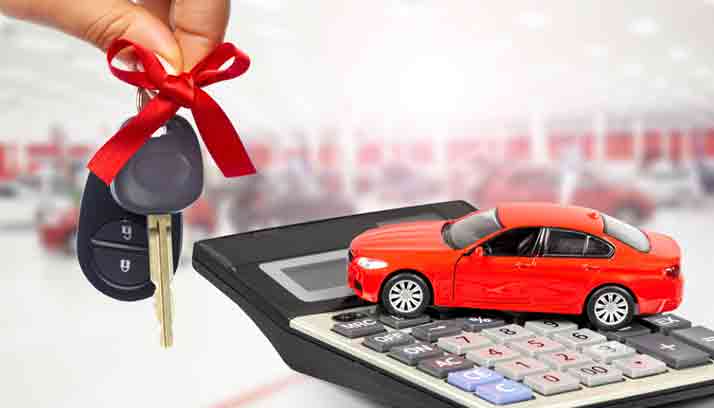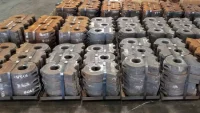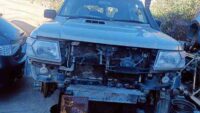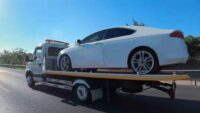Paying cash for a less expensive car has many benefits. Not only can you save thousands of dollars, but you can also get rid of your credit card debt at the same time. Read on to find out how to pay cash for a car. Buying a car with cash is not always a wise financial decision, but there are ways to do it to make it more affordable for you. You might be surprised by the results!
Paying Cash for a Less Expensive Car
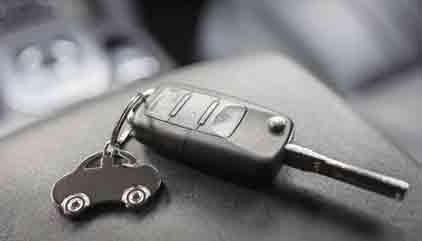
When buying a less expensive car, you may want to consider paying cash for it. This will give you all of the buying power, and you will not have to worry about interest rates or monthly payments. The seller may even have the keys to the car, so you will avoid any haggling. However, there are some pitfalls to pay cash for a car. Keep reading to learn about these pitfalls and other options.
First of all, make sure you understand the different trim levels available. A car is classified as a trim level when it is not financed. Each level includes different add-ons and benefits. The base trim level will be less expensive than the upper trim levels, and it may be best for you if you do not have much of a budget to spend. While these base level cars may lack some luxury features or a high-end engine, they are a great option if you plan on paying cash.
Saving thousands of dollars
Having thousands of dollars in savings is ideal for unforeseen circumstances. However, building up those funds isn’t easy. You should carefully consider whether buying a car with cash is truly necessary. In the end, if you have the cash on hand, you can invest it or put it towards another goal, such as paying off your current debt. However, if you are unable to save the money on your own, it may be in your best interest to finance the car, instead.
The first step in buying a car with cash is to set aside a certain amount each week, biweekly, or monthly. Once you’ve established a routine, you’ll be able to save thousands of dollars every month! It’s also beneficial to keep track of your spending habits online. This will help you determine exactly where your money goes each month. By the end of the year, you’ll have saved up enough money to purchase the car of your dreams.
Getting rid of debt
Debt is a part of life. While there are benefits to being debt-free, it also comes with its own downside. For instance, it can be difficult to save for a car if you’re deep in debt. You’ll either end up in a retirement home or riding a bus for years. Getting rid of debt before buying a car can help you avoid this. Read on to discover some methods for paying off debt before buying a car.
Credit card debt should be paid off as soon as possible. Credit card debt often comes with a high interest rate, making it a particularly tempting target. While you can’t avoid it entirely, you can use extra cash to pay off balances. Getting rid of credit card debt can also help your credit score, because the debt you have on your credit cards is weighted against you more heavily than other types of debt.
Buying a New Car
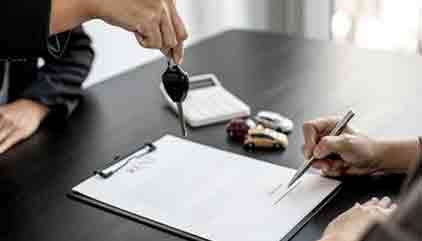
There are several advantages to buying a new car with cash. While negotiating the price can be difficult, you can take advantage of the fact that most car dealers make at least a $1000 profit from every sale, and many even make more if you buy additional coverage or extend warranties. Buying a new car with cash gives you the power to negotiate the price of the vehicle to the maximum amount possible. Read on to find out more about buying a new car with cash.
Conclusion
Buying a new car with cash means you do not have to deal with loan fees or interest. Also, you will not have to worry about keeping up with monthly car payments, and you will save money on interest and other loan fees as well. In addition, you will also have more freedom to choose the vehicle you want and not worry about the money you’ll spend on it. You can choose to pay the cash price for the vehicle in full at the time of purchase, either by cashier’s check, personal check, or debit or credit card.

Vivan Henderson, a professional photographer born in Texas. Photography is his passion. He was fond of nature in his childhood. So he took his passion as a profession. He is basically nature photographer but also take other type of photo. He completed graduation in computer science from Texas Tech University. He lives in Houston with his wife and two children’s.

